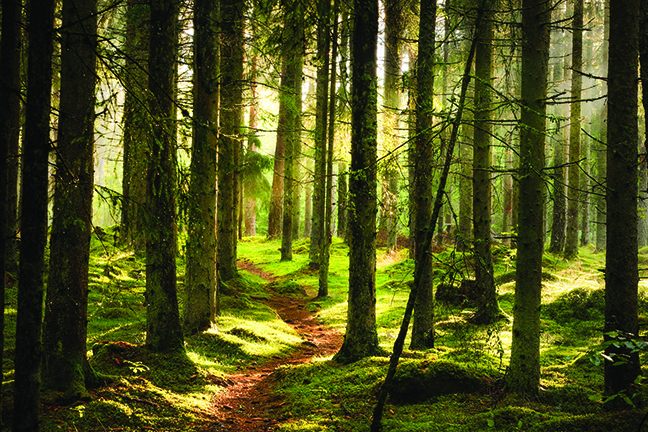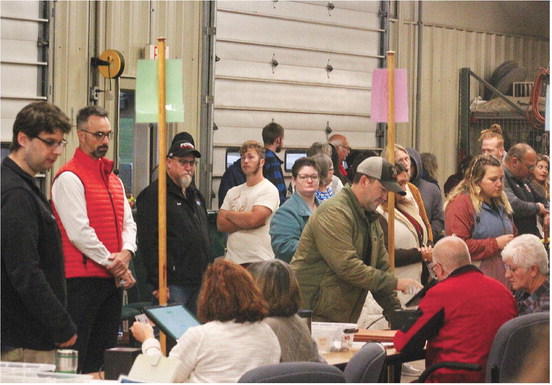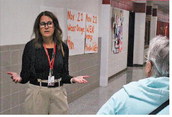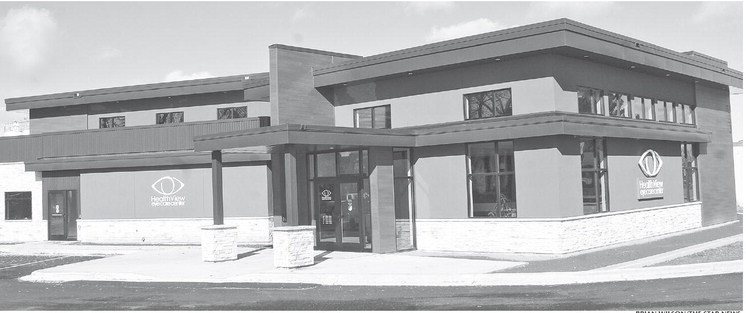Forests are essential to life and industry in Wisconsin


National Forest Products Week, Oct. 15-21, highlights the value of forest products, their many contributions to society and the vital role they play in daily lives.
Many Wisconsinites appreciate that forests are an essential part of the state’s history, culture and environment, but fewer people realize the economic impact of the 17 million acres of forests in Wisconsin.
Just like how Wisconsin’s diverse forests keep ecosystems healthy, the state’s diverse forest industry produces a unique and wide range of products, from cardboard boxes and high-quality paper to doors, windows and flooring, to many lesser known products that support a healthy economy and keeps Wisconsin competitive globally.
Forest products generate more than $24 billion in goods and services, annually. The economic impact reaches every corner of the state. Not only is forestry the No. 1 employer in eight Wisconsin counties, but every 100 forestry jobs support another 124 jobs in the state.
As part of this celebration of forest products, the DNR recognizes the industry workers who make the products, the forestry professionals who are hard at work keeping forests healthy and resilient, and the individuals and families who own nearly 60 percent of the forest land in Wisconsin, and provide about 65 percent of the wood needed by forest product companies in Wisconsin. Carbon sequestration in sustainably managed forest lands and carbon storage in the products made from the trees, can provide a natural solution to climate change, while also providing a variety of additional benefits, like clean air and water, human health benefits, recreational opportunities, wildlife habitat, good-paying jobs and local economic support.
Not only does the carbon remain sequestered throughout the forest product’s lifetime, but forest products are less carbonintensive to produce than other materials.
“In addition to helping mitigate climate change, forests are the backbone of our environment and critical to our economic prosperity,” said Carmen Hardin, DNR Applied Forestry Bureau director. “Perhaps the best thing about forest products, is that they are recyclable and come from a renewable resource. That’s surely worth celebrating.”





